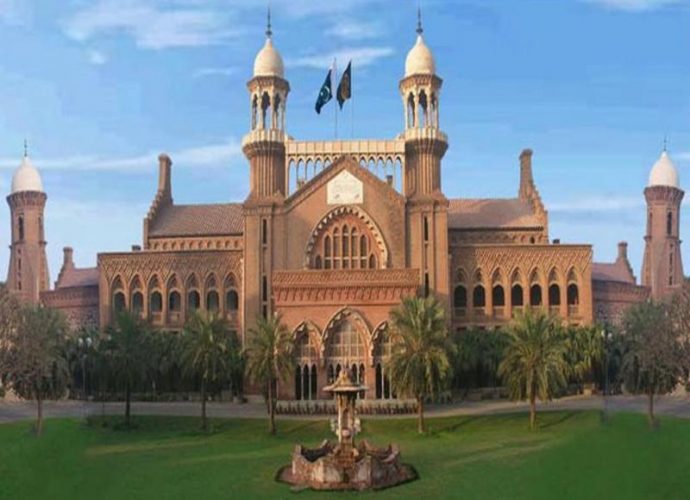
LHC orders provincial government to create regulations in line with Punjab Free and Compulsory Education Act, 2014.
In order to guarantee that private schools follow the law, the Lahore High Court (LHC) has ordered the provincial government to create regulations in line with the Punjab Free and Compulsory Education Act, 2014.
Ten years after the law’s enactment, Justice Raheel Kamran Sheikh voiced worries about its absence. He noted that the government’s inaction had benefited the private education sector, which was meant to share accountability for underprivileged children’s right to an education.
The court said, “At best, it demonstrates blatant government neglect, but at worst, it might be a case of regulatory capture that calls for further investigation. Every kid has the widely acknowledged right to free and compulsory education,” according to Justice Raheel Kamran Sheikh.
In a ruling on a case filed by a private school challenging the refusal of a registration certificate in Sahiwal, he made these statements.
The LHC court emphasized that since Article 25-A of the Constitution was added, the state has been required to guarantee that all children between the ages of five and sixteen have access to free and compulsory education.
Even though the Punjab Assembly passed legislation granting free education in 2014, Justice Sheikh noted that the government’s tardiness in formulating and publishing regulations to carry out its obligations left the court perplexed as to how underprivileged children could be denied their basic right to an education.
In an attempt to get an E-license or school registration certificate for affiliation with the Board of Intermediate & Secondary Education (BISE) Sahiwal, the Beaconhouse School System, Okara, had petitioned the province supreme court. Moreover, the decision to forbid its students from taking part in the board exams was also challenged.
The school’s attorney contended that the District Registration Authority (DRA) had penalized the school for not following Section 13(b) of the Punjab Free & Compulsory Education Act, 2014, which specifies what private schools have to do to provide free education.
According to the chief executive officer of DRA, well-known schools in the Okara area willingly cooperated with the criteria, even though the government had not yet developed any regulations for the execution of Section 13(b) of the Act. He further stated that the DRA would promptly extend the school’s registration if the petitioner submitted information in a comparable fashion. Judge Sheikh granted the petition and reversed the commissioner’s and DRA’s rulings.
If all requirements were satisfied, with the exception of those listed in Section 13(b) of the Act, he instructed them to make sure the petitioner’s school was registered. Additionally, the Sahiwal Education Board was directed to guarantee that the petitioner’s school children were appropriately registered for secondary exams.
The judge additionally mandated that the Punjabi government carry out its obligation by formulating guidelines, which should include standards for identifying children who are disadvantaged or for the voucher payment, as well as the process for keeping legal records of the children. Within a month, he requested a report on compliance.

Content writer, educationist, teacher, researcher, social media manager, and a SEO manager from lahore. She has been working as a freelance academic and non-academic writer for more than 10 years now. She has a passion to learn new things and has a knack for writing and she combines both things to produce write ups she pours her heart out in.

